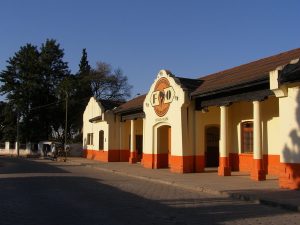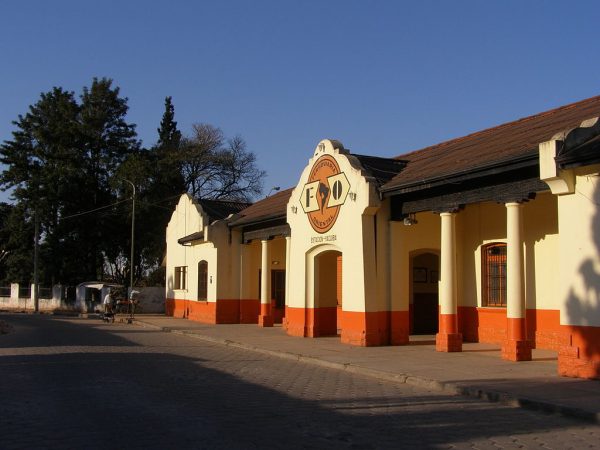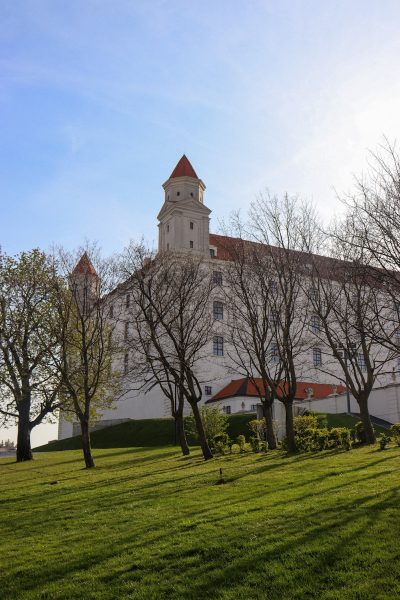Table of Contents:
City Overview and History
Yacuiba, nestled in the southeastern part of Bolivia near the border with Argentina, is a vibrant city known for its rich cultural tapestry and historical significance. Originally a small settlement, Yacuiba has grown into a bustling urban center due to its strategic location on the Trans-Chaco Highway, which connects Bolivia with Argentina and Paraguay.
The city’s history is deeply intertwined with the indigenous Guarani people, whose cultural influences are still very much alive today. Yacuiba was officially founded in 1925, but its roots go back much further, with archaeological evidence suggesting human presence for thousands of years. The area was a significant trade route for the Guarani, and this legacy is reflected in the local customs, language, and festivals.
Cultural Influences
The Guarani culture is prominent in Yacuiba, with traditional dances, music, and crafts being integral parts of daily life. The city also shows a blend of Spanish colonial influences, especially in its architecture and religious practices. This fusion creates a unique cultural experience for visitors.
Top 10 Things to See
1. Parque Bolívar
Address: Av. 6 de Agosto, Yacuiba
This park is the heart of Yacuiba, where locals gather for relaxation and community events. It’s an excellent spot for photography, especially during the evening when the lights illuminate the statues and trees.
2. Museo de la Cultura Guarani
Address: Calle Sucre, Yacuiba
Explore the rich heritage of the Guarani people through artifacts, traditional clothing, and interactive exhibits. This museum provides insights into the pre-Columbian history of the region.
3. Mercado Central
Address: Calle Bolívar, Yacuiba
A bustling market where you can experience the daily life of Yacuibans. Here, you’ll find everything from fresh produce to traditional crafts, offering a sensory overload of sights, sounds, and smells.
4. Iglesia de San Francisco
Address: Plaza Principal, Yacuiba
This colonial-era church is not only a place of worship but also a historical monument showcasing Spanish architectural influence in Bolivia.
5. Laguna La Gaiba
Located just outside Yacuiba, this lagoon is a haven for birdwatchers and nature lovers. It’s a peaceful retreat where you can observe local wildlife and enjoy the tranquility of nature.
6. Fiesta de San Juan
While not a physical location, this annual event in June is a must-see. The festival includes traditional Guarani dances, music, and communal feasts, celebrating the winter solstice.
7. Mirador del Chaco
Address: Camino a Villa Ingavi, Yacuiba
Offering panoramic views of the Chaco region, this viewpoint is perfect for capturing the vast landscapes of Bolivia’s southeastern plains.
8. Casa de la Cultura
Address: Calle Sucre, Yacuiba
A hub for cultural activities, this center hosts art exhibitions, workshops, and performances, showcasing both local and national talents.
9. Puente Internacional
Connecting Yacuiba with Argentina, this bridge is not just a passage but a symbol of the city’s role as a border town, offering a unique photo opportunity.
10. Reserva Natural de Tariquía
While a bit further from Yacuiba, this reserve is worth the trip for its biodiversity, including rare species of flora and fauna.
Local Foods
Yacuiba’s cuisine reflects its Guarani roots with dishes like:
- Locro – A hearty stew made from corn, beans, and meat, often served during festivals.
- Chipá – A cheese bread that’s a staple snack, perfect for a quick bite.
- Asado – Barbecued meats, influenced by Argentine culinary traditions.
What to Buy
When shopping in Yacuiba:
- Handicrafts – Look for Guarani pottery, woven baskets, and traditional musical instruments.
- Textiles – Colorful ponchos and shawls made from alpaca wool.
- Local Art – Paintings and sculptures that depict local life and landscapes.
Local Transportation Options
Navigating Yacuiba:
- Taxis – Easily available and relatively inexpensive for getting around the city.
- Public Buses – Connect Yacuiba with nearby towns and villages, though schedules can be erratic.
- Motorcycle Taxis – Known locally as “motos,” these are a quick way to move through traffic.
- Rental Cars – For those wanting to explore further afield, renting a car can be beneficial, especially for trips to natural reserves or border crossings.
Travel Tips:
- Learn a few basic phrases in Guarani; locals appreciate the effort.
- Be prepared for hot weather; Yacuiba can get very warm, especially in summer.
- Respect local customs, particularly during festivals or when visiting indigenous communities.
- Carry cash as ATMs can be scarce outside the city center.
Yacuiba offers a unique blend of indigenous culture, historical depth, and natural beauty, making it a must-visit for those looking to delve into the heart of Bolivia’s southeastern charm.
“`



